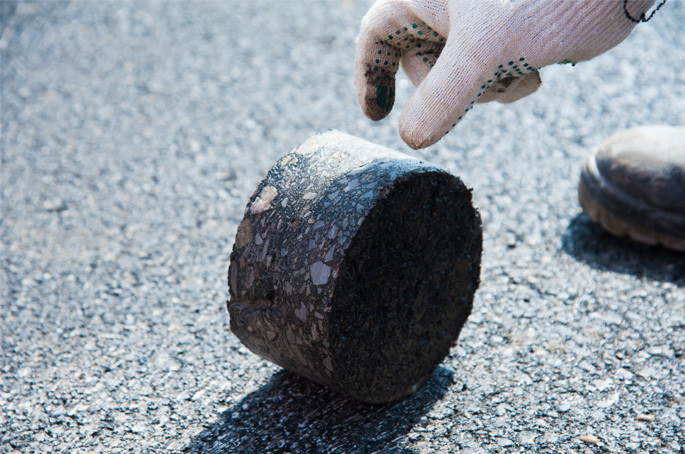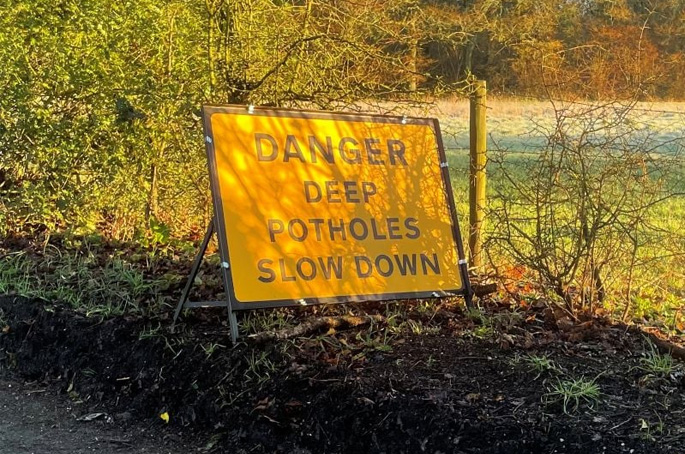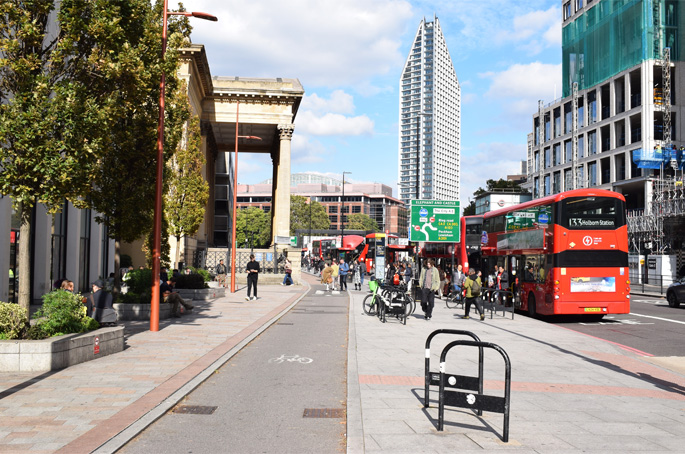A trial of graphene-enhanced asphalt carried out by Essex County Council has shown positive results, suggesting it could increase the life of roads.
The trial deployed Gipave, a graphene-enhanced surfacing material, which was added to hot-rolled asphalt and used on roads in Essex since 2022.
Early results of the trial suggest it is far more durable than traditional materials and could be used to reduce the risk of potholes forming by up to 20%.
Councillor Tom Cunningham, cabinet member for highways, infrastructure, and sustainable transport, said: ‘We are very encouraged with the results of the trial. These dramatic improvements are what we need in the long term, as it means our roads will potentially need less repairing and maintenance.
‘Essex has 5,000 miles of roads and some of the highest levels of traffic in the country, so it is paramount we find new and efficient ways of maintaining them. Innovative approaches to road maintenance help us to create a county that is accessible to all, while also giving residents the best value for their money.'
Similar results have also been found in two trials undertaken by National Highways. The first took place in 2021 on a section of the A1 in Northumberland, with the second occurring three years later on a one-kilometre stretch of the A12 in the East of England.
When Highways spoke to Umesh Parajuli, senior pavement advisor at National Highways, about the two trials, he said that the results of both trials indicated that the trial sections treated with graphene-enhanced asphalt performed well, with the A1 trial also using recycled materials.
Mr Parajuli also noted that, during the trials, the graphene-enhanced asphalt had better performance in terms of rot resistance and added that the team also expects the test sites to have better fatigue resistance.
However, Highways understands that a trial in Kent using graphene-enhanced asphalt has proven to be less successful. On at least one route the durability was 'even worse in the graphene section than the non-graphene section', a source said.
The full interview in which Mr Parajuli discusses National Highways' work with graphene-enhanced asphalt can be read here.
































